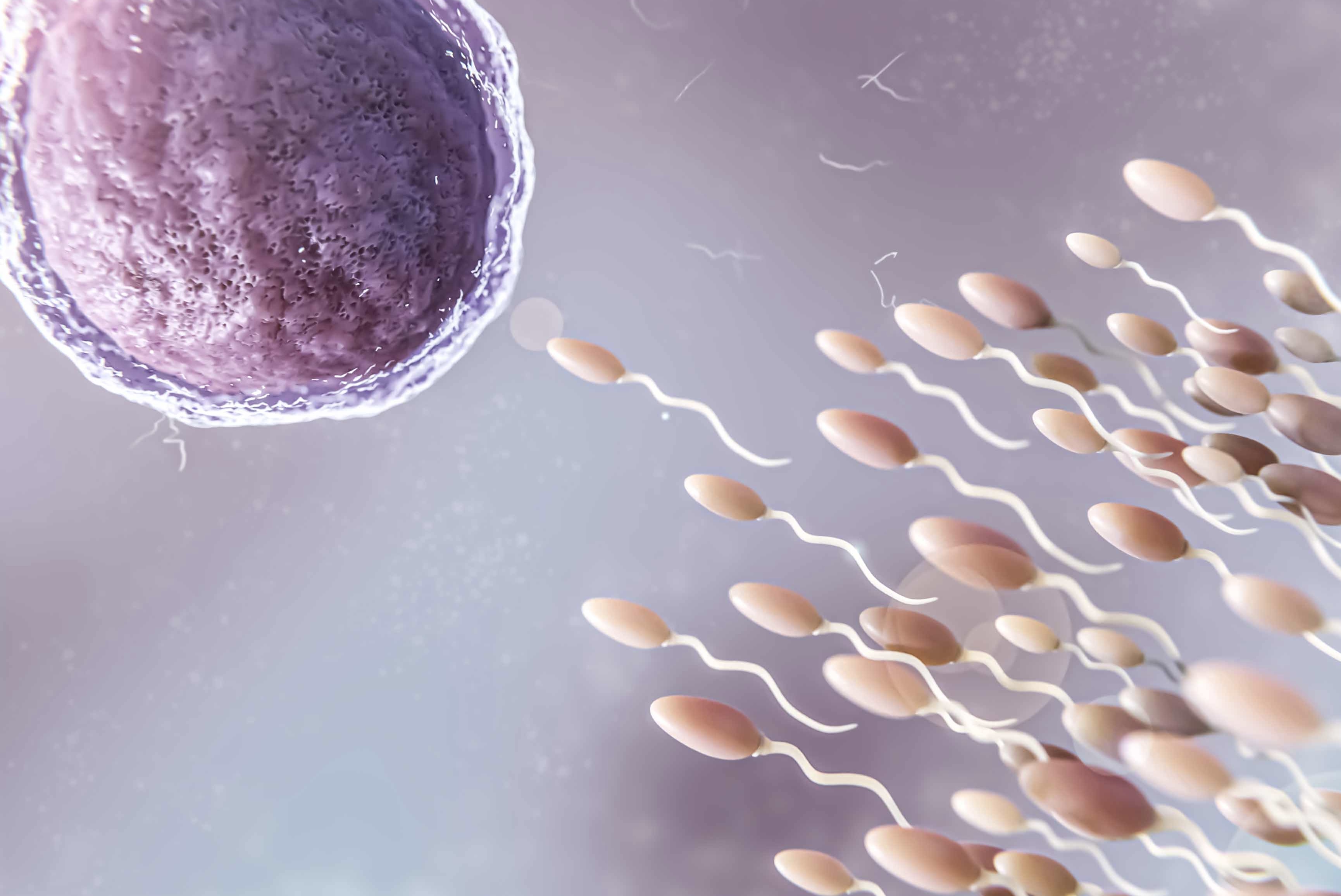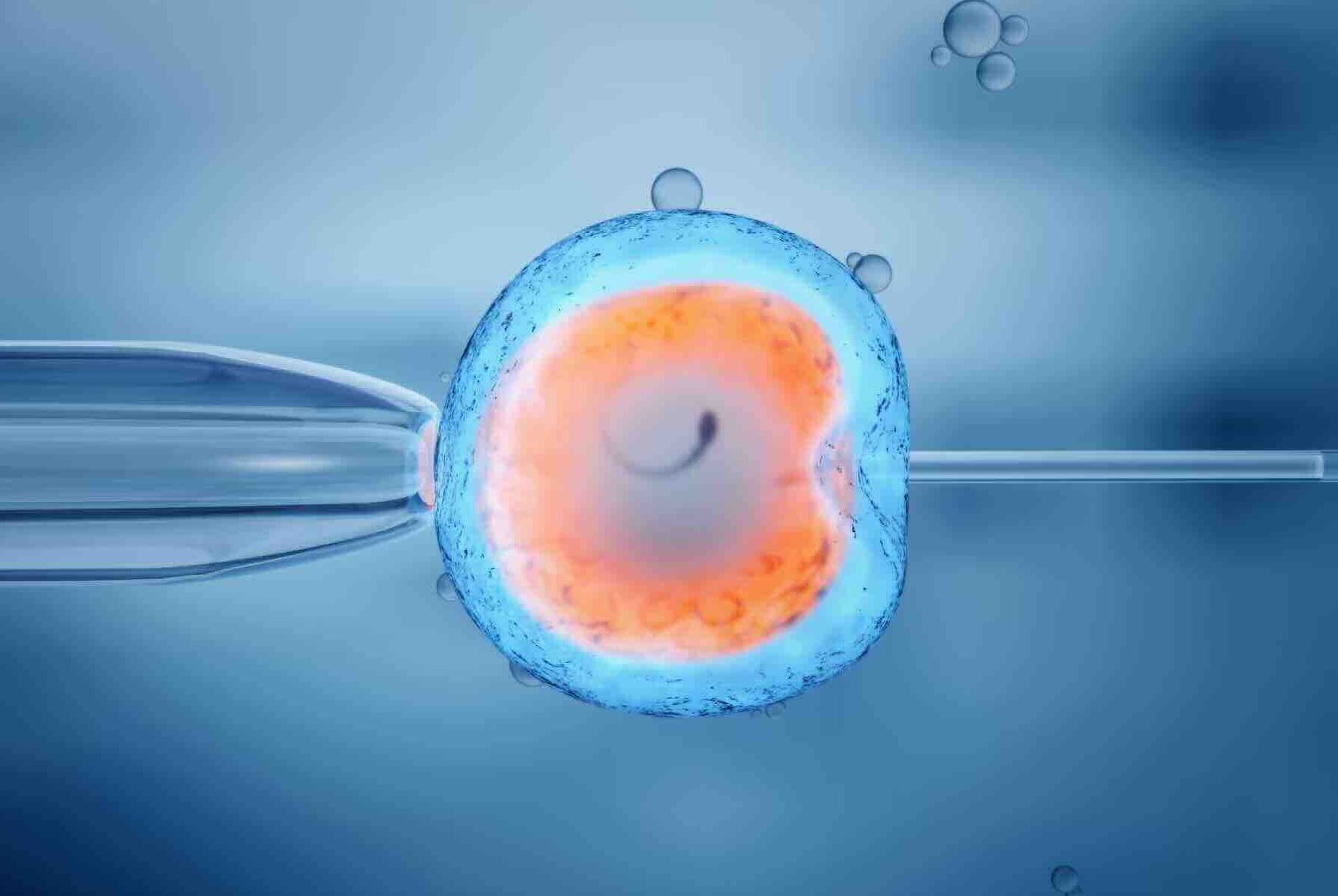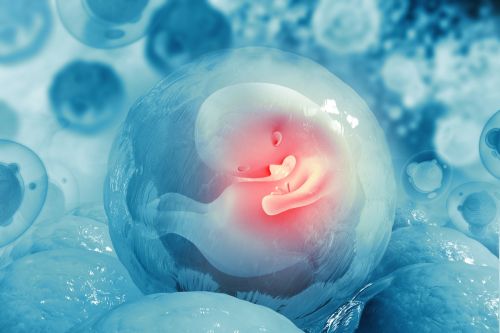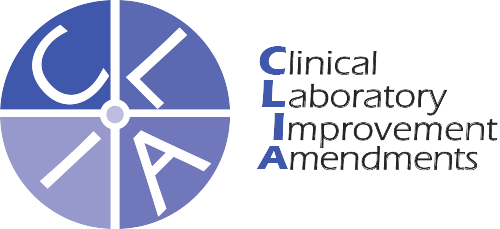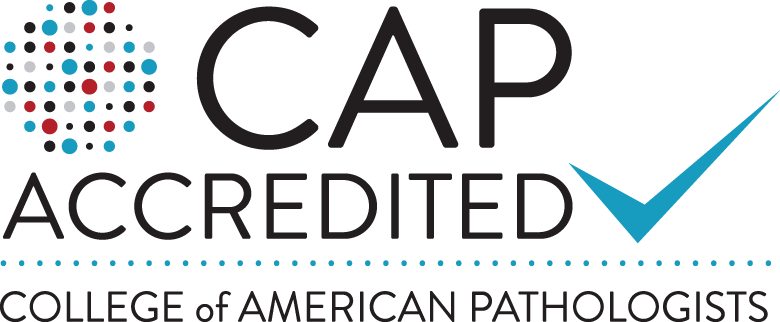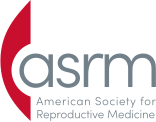The Goal
Egg and sperm donations are vital components of assisted reproductive technologies, providing individuals and couples the opportunity to become parents when they are unable to conceive using their gametes. Strict ethical guidelines and regulations govern these processes to protect the health and rights of all parties involved.
Egg Donation
Egg donation involves a donor woman providing her eggs for use in assisted reproduction procedures such as IVF. Egg donors are usually women between the ages of 21 and 35 who undergo extensive screening processes for physical, genetic, and psychological health to ensure the safety and success of the donation.
The process starts with the donor undergoing the same hormonal stimulation and egg retrieval procedures as in IVF. These eggs are then fertilized in a lab with sperm from the recipient couple’s chosen donorcouple’sner or frozen for future use. The resulting embryos can be transferred to the recipient’s uterus orrecipient’se’s uterus.
Esurrogate’say be anonymous, where the donor and recipient never meet, and limited information is exchanged or known, where both parties have some form of communication or agreement. Some regions also allow semi-anonymous donations, where limited information about the donor might be released to the child upon maturity.
Sperm Donation
Sperm donation involves a male donor providing his semen to be used in fertility treatments such as IUI, IVF, or home insemination. Like egg donors, sperm donors undergo rigorous screening for diseases, genetic disorders, and overall health.
The donated sperm is processed and “washed” in a laboratory t”try to “increase the concentration of healthy sperm and remove other components of the semen. This processed sperm can then be used immediately for insemination or frozen and stored in sperm banks for future use.
As with egg donors, sperm donors can be anonymous or known to the recipients. In anonymous donations, the donor’s identity remains confidential at the time of donation and into the future. In known contributions, the recipient knows the donor’s identity, whether it be someone they have selected personally or through a sperm bank that allows the exchange of certain information.
Ethical and Legal Considerations
Both egg and sperm donation involve significant ethical and legal considerations, particularly regarding the rights of donors, recipients, and the resulting children. Laws vary by country and even by region within countries but generally focus on protecting the rights of the child to know their genetic origins and ensuring that donors are not responsible for children conceived from their gametes.
These donations enable individuals and couples to pursue their dreams of parenthood and involve a complex array of emotional, ethical, and legal factors that must be carefully managed to support the well-being of all involved.
If you have any questions about our fertility treatment plans, AFMC Care Team, or medical center, explore our website or message us at the Contact Us page!

